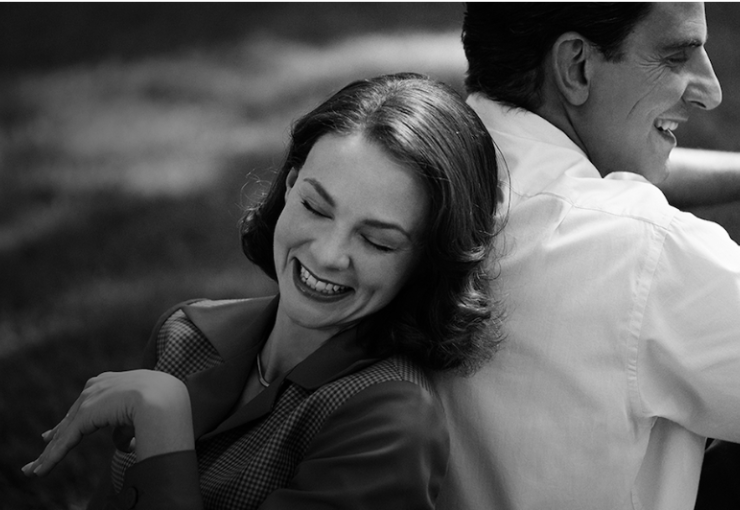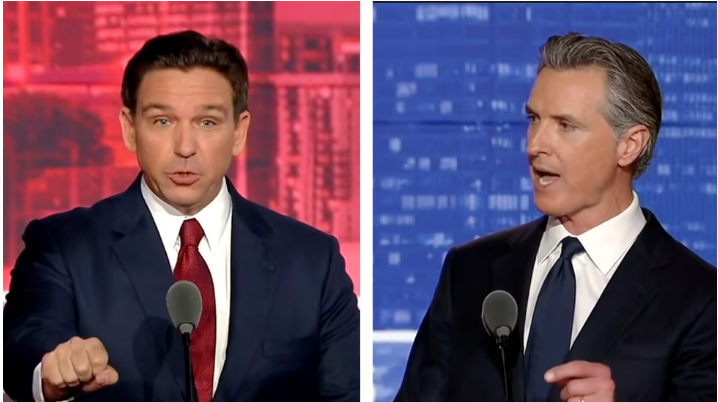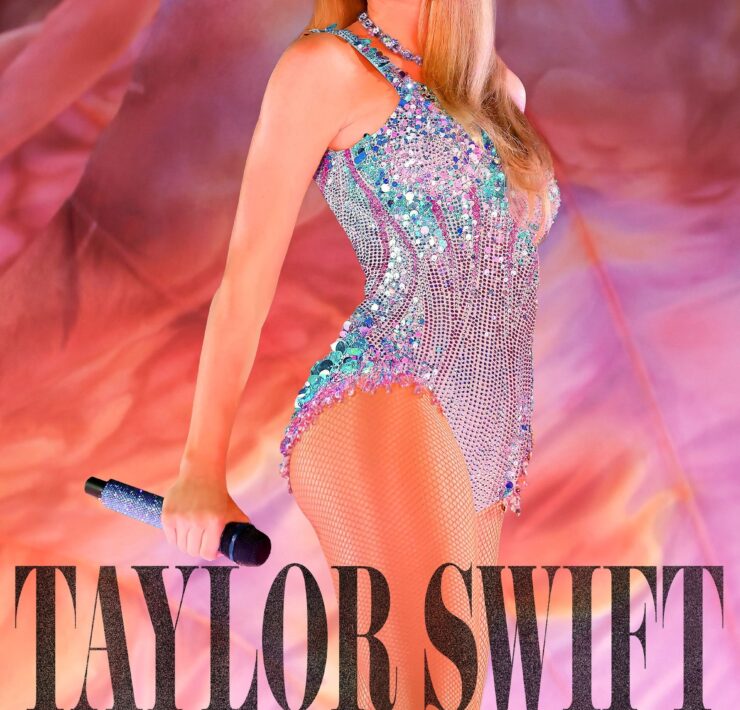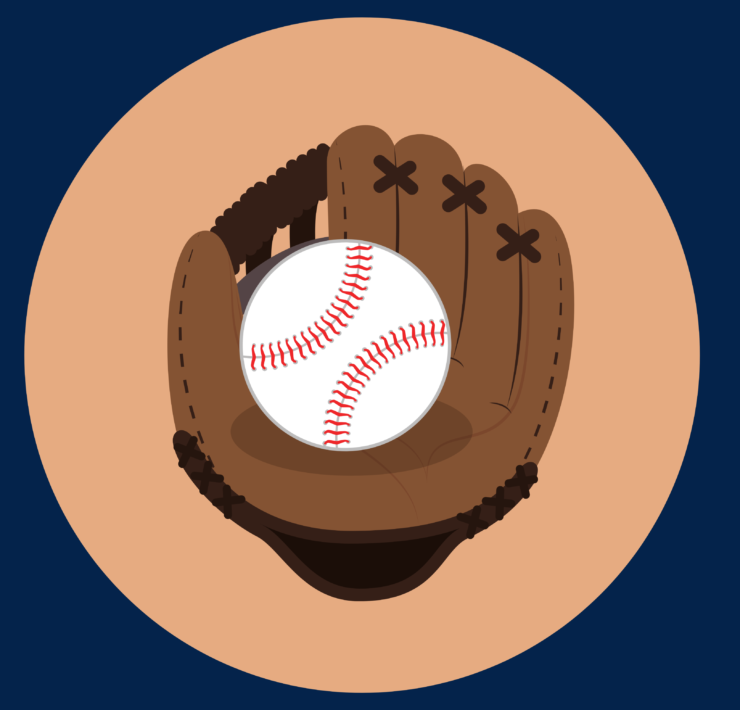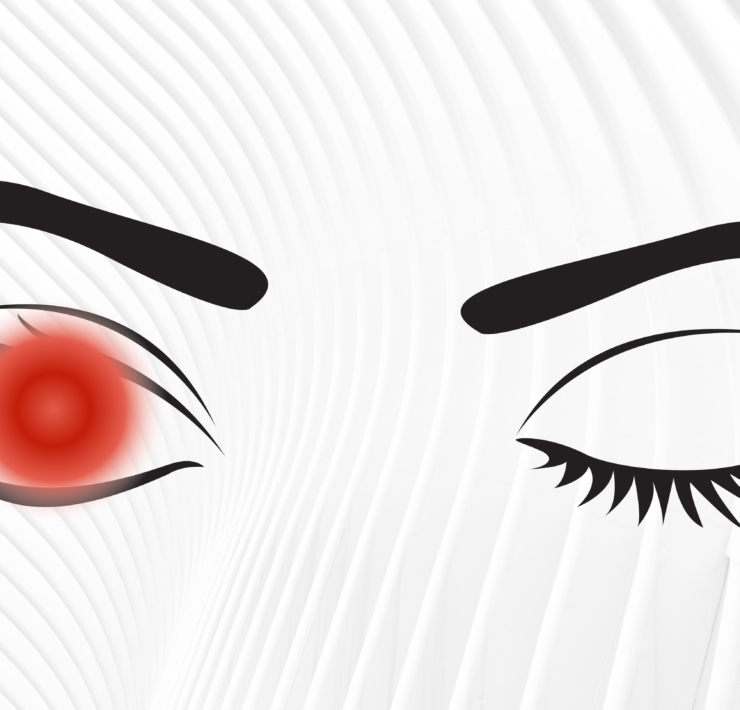Opinion: Insight Into Del Norte’s Student Minds
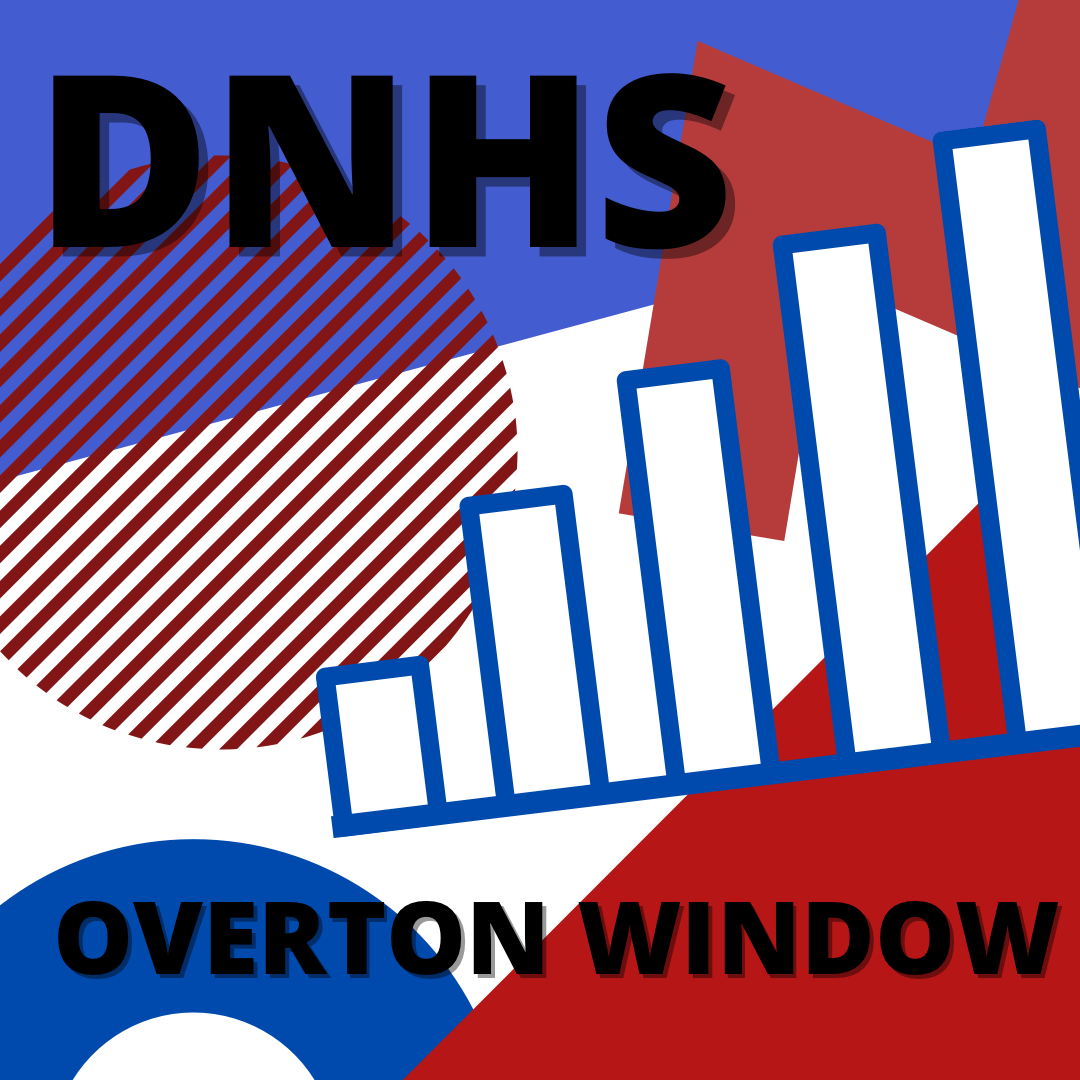
What comes to mind when you hear the word “politics?” The Democrats and the Republicans? Your older relatives arguing over the dinner table? Something too complicated for you to ever understand? “Politics,” literally meaning ‘the affair of the cities,’ is how power in society is used and distributed. People have many beliefs about how the government should run and could support raising taxes, freeing up the market, or maybe even abolishing the state. The Overton Window, a term coined by Joseph P. Overton, is a theoretical range of acceptable political opinions in a society at any given moment. The current policy, the most well-accepted opinion, is the dead center of the window, while the further an ideology is from the center, the more “radical” and “unthinkable” it is. Essentially, the Overton Window gauges the general public opinion on politics. The author surveyed 21 volunteers about where they think the current Overton Window is and where they think it is heading.
Findings About Surveyed Students:
Quite surprisingly, more than 75% of students claimed that they were either mostly or very much into politics, with a roughly equal gender ratio. When asked about political affiliations, almost half of students responded that they aligned with the American Democratic Party, about a quarter of people were apolitical or independent, and the remaining students were evenly distributed between the GOP and Libertarian Party. Likewise, when asked about stances on the economy and state power, there was an about 50% consensus for being both left-wing and libertarian. In matters of cultural policy, half of students were “strongly left” and a quarter of students were “moderately left,” the strongest agreement in the whole survey. Overall, Del Norte High School’s students are mostly homogeneous in their tendency to be libertarian and both culturally and economically left.
Overview:
Students were also surveyed about where they thought the overton window was historically and where it is moving on 3 axes: authoritarian vs libertarian, economic leftism vs rightism, and cultural leftism vs rightism. Although the surveyors were mostly unified in their political views, there was more variety in their perception of the overton window. This could be because there were 9 possible responses: strongly x, moderately x, slightly x, centrist, slightly y, moderately y, strongly y, no opinion/prefer not to answer, and other.
Authoritarian vs Libertarian:
A quarter of students chose to not answer questions in this section, likely because this is not a commonly mentioned topic and they likely had not not previously considered this axis before. Of those who did answer, about half of people considered America to be historically moderately authoritarian. One responder told the Talon, “I believe that historical America did indeed have periods of time when it was incredibly authoritarian, such as with Jim Crow Laws; however, I said that this was moderate because America was still founded on escaping governmental brutality for personal freedom.” Most respondents answered similarly. Although the survey intended to ask about how America was in comparison to the rest of the world at that time, it can be assumed most responders read the question as how America’s past compares to its current state. Out of all questions asked, “Do you think the American Overton Window is moving more authoritarian or libertarian?” proved to have the most differing responses. Most answers believed that the window was shifting slightly libertarian, if not moving at all. While many students claimed that “anarchism is becoming more popular” because of AntiFa and the Black Lives Matter movement, just as many people responded that “authoritarianism has been mostly accepted in the US,” pointing towards Trump’s presidency.
Economic Axis:
Unlike the previous set of questions, this topic is brought up much more often and as such, about 85% of people responded to questions regarding the economy. About 70% respondents considered America to some degree to have been historically right, which is reasonable because, as one responder noted, “American capitalism has historically prioritized ‘laissez-faire’ economics.” On the other hand, about half of students agree that America is now becoming more economically left, claiming that there is more demand for universal one-payer healthcare as reactions to the coronavirus and Trump’s economic right-wing policies. Other people also agreed to this statement, but credited the shifts to the “far-left idea of socialism… leaving its mark on society.”
Social Axis:
Likely the most controversial issues in today’s America, almost all students responded to these questions. There is a strong overall consensus that America has been either centrist or right wing culturally historically, with only 10% of respondents labeling America as historically left-leaning. Most respondents indicated that the “U.S. was founded on the principles of… very traditional Christianity, and has maintained that sense of strong traditionalism,” while a handful of people simply responded “capitalism” with no further explanation. Once again it can be assumed most responders compared America’s past to its current state. When asked where the societal axis is currently heading, about 75% of people believed that the window was shifting to the left to some degree. This was mostly attributed to the numerous American movements to make the country more accommodating to people of color and the LGBT community.
Author Opinion:
Overall, I am very concerned, because it seems that most students are not well-educated on politics. On numerous occasions students seemed to choose their answers based only on stereotypes and party politics, such as BLM being anarchist, capitalism being culturally right, and Jim Crow laws being authoritarian. Although these associations are not necessarily wrong, they are often not true. I am worried that this survey actually does represent the Overton Window of the general adult public, and extremely concerned that the primary election will be based entirely on uneducated people voting for propositions and politicians based only on the overwhelming amount of shallow political ads and stereotypes that have sunken into modern American politics. The author hopes that people will take the time to actually look into unbiased information about critical political issues and form educated opinions rather than falling for party politics and false stereotypes.
Limitations:
The survey was sent through various DNSH club Discord chats, and volunteers took the survey out of their own interest. This means that only people with active interest in politics would take the survey, so the results could reflect only the viewpoints of Del Norte’s politically informed students, and thus the whole population of Del Norte is likely much more moderate. Also, the survey was sent out on club Discord chats, so the results are only of students who are active in their community. Also, I now realize that the use of “historically” was rather vague and may have confused respondents. Most importantly, 21 responders are no complete representation of the rest of Del Norte’s 3000 students.
Rebecca is a former Editor-in-Chief for The Talon. She enjoys dabbling in fine arts, like drawing and painting and creative writing, in her free time.


